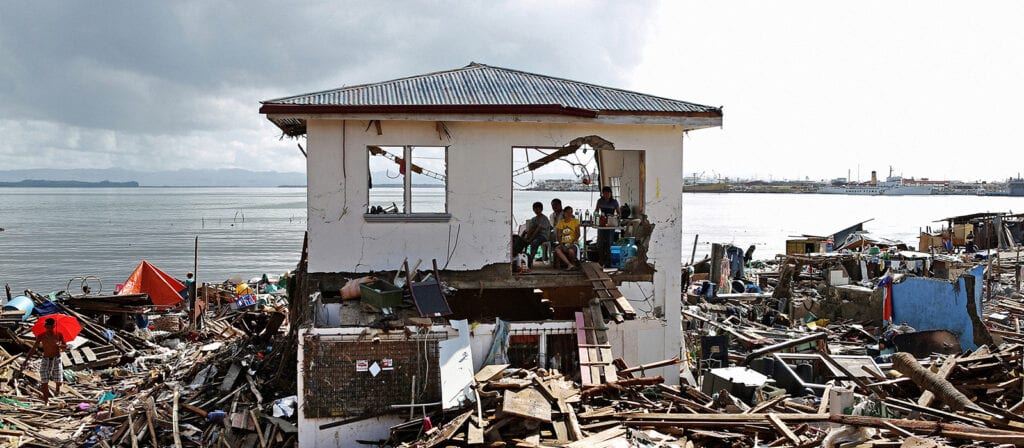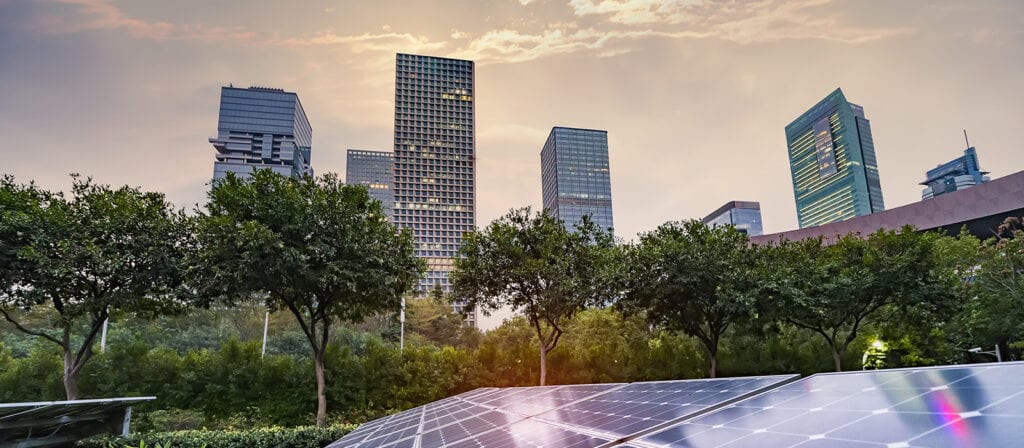In the past, the business world has had a patchy relationship with social ideals. On the one hand, a handful of 18th century post-industrial revolution mill owners built housing and schools, while philanthropists used their personal wealth to establish charitable institutions, but conversely, an entire capitalist market has dominated the developed world, built around the Friedman doctrine that a firm’s sole “social” responsibility is to maximise shareholder returns. Milton also noted, however, that this should be done “so long as it stays within the rules of the game”.
But the rules of the game have changed a great deal since corporate social responsibility was first considered, although there isn’t a great deal of consensus about when the term “corporate social responsibility” was coined: various accounts put it as early as the 1930s, others place it in the 1990s. What’s more certain is that CSR as we know it today only gained wider understanding and attention in the 1960s and 1970s; key crises in the 1980s (Alpha Piper, Bhopal) gave greater urgency to the cause and turned the spotlight on the most damaging industries: extraction, oil and manufacturing were perceived as the greatest offenders and have invested a lot in CSR, with varying degrees of success, in order to protect their reputation, brand and financial performance.
In contrast, insurance has had a lower CSR profile quite simply because it has not been causing large-scale disasters. It has often, however, been the one picking up the financial pieces after disaster strikes, a fact which ultimately has given rise to the unique role that insurers can play today, as we shall later see.
First, however, it is worth noting that subtle shifts in the meaning and interpretation of CSR have happened over time, plus a dalliance with the acronym “SEE” (social, economic and environmental), and a more prolonged affair with “sustainability” which neatly underlines the importance of long-term thinking when it comes to businesses doing well whilst also doing good.
In effect, “doing good” is the goal of insurance in its purest form; and indeed, it is the primary purpose of cooperative/mutual insurers, because they are owned by their customers, not shareholders. That means they do not take the Friedman shareholder approach, but instead focus on supporting the socio-economic security of their members, ie their owner-customers, and providing solutions to their members’ social, ethical, environmental risk-related concerns.
Throughout the cooperative/mutual insurance sector’s very long history (the oldest mutual operating today, Bilsener Gilde Versicherung in Germany, was founded in 1642), socio-economic needs have been its raison d’être. Some of the world’s largest cooperatives/mutuals (strongholds include USA, Japan, France, Netherlands, Italy and Germany) were formed precisely to insure individuals or businesses that would otherwise have been financially excluded from or treated unfairly by the insurance market. Each firm has its own story, but similar stories are still being written today. The socio-economic aspect of insurance is especially important in emerging markets: cooperative microinsurers are contributing significantly to protecting the lives and livelihoods of the most vulnerable populations, including those in the “5-5-5” programme (which is led by the International Cooperative and Mutual Insurance Federation (ICMIF), which has been providing technical assistance to small cooperatives since the 1960s), and is set to extend microinsurance coverage to 5 million previously uninsured households in five emerging markets by 2020.
Those same vulnerable populations in emerging markets also have a huge exposure to disasters caused by climate change. Cooperative/mutual insurers are always among the first to arrive on the ground after a catastrophe strikes to ensure the earliest possible support. Just after Hurricane Haiyan struck the Philippines in 2013, even the CEO of cooperative insurer CARD MBA was photographed climbing over a makeshift fence to deliver cheques into the hands of the company’s members (pictured).
In developed markets, the CSR efforts of the cooperative/mutual sector have also focused on the development of products/services for: specific social needs (eg Macif, France, invested in setting up a complete business operation to cater for the deaf community’s insurance needs); environmental needs (eg Folksam, Sweden, insists that its network of builders only use materials from renewable sources in all of its household claims); security needs (eg NFU Mutual, UK, has a comprehensive farm safety education program for its members), among others.
Paradoxically, while many cooperative/mutual insurers have been engaged in outstanding CSR initiatives for many years, they have often failed to view them through a strategic lens and thus been unable to articulate or communicate the member value that those initiatives create. CSR was often not in the vocabulary of management, boards, or governance structures, and all the good work that set them apart from their competitors would be described as “just what we have always done”.
This suggests that the effectiveness of CSR within the sector has been heavily dependent upon firms having appropriate corporate governance structures, with solid member representation to ensure members’ non-financial concerns and priorities are addressed alongside financial ones, as part of the firm’s fiduciary duties, and are thus incorporated into the overall business strategy, rather than dealt with as something that is separate to the firm’s objectives, operations and services.
In the last ten years, there has been a notable shift towards the notion that all firms, regardless of ownership structure or industry, should create social, environmental and economic value for multiple stakeholders. Within the insurance context, this multi-stakeholder approach complements the current business environment with more regulation and scrutiny, and customers who want more participation and power. It is not yet clear whether the insurance industry as a whole has the appropriate governance structures that will enable this broader stakeholder approach to managing its social, environmental and ethical responsibilities.
Meanwhile, however, the industry has clearly signalled its recognition of the need to work together through the recently-formed Insurance Development Forum (IDF), in order to respond to the very urgent challenges set by the most influential global institutions, in particular the United Nations, the B20, and the World Bank, as emerging stakeholders. The IDF’s role will be to channel the insurance industry’s unique risk knowledge (accumulated through its experience in dealing with all the natural disasters), investment power (as second largest asset-owning industry), and leadership to help protect more lives, reduce disaster risk and increase resilience. Together, these will contribute to fulfilling the UN’s Post-2015 Development Agenda, including the Sendai Framework for Disaster Risk Reduction, the Sustainable Development Goals and the Paris Agreement. For now, it seems “disaster risk reduction” and “resilience” are the next big thing for insurers. The rules of the game have changed once again, but probably not for the last time.
This blog was originally written for and published by Insurance Day in a special feature on corporate social responsibility (published 1 August 2016).






